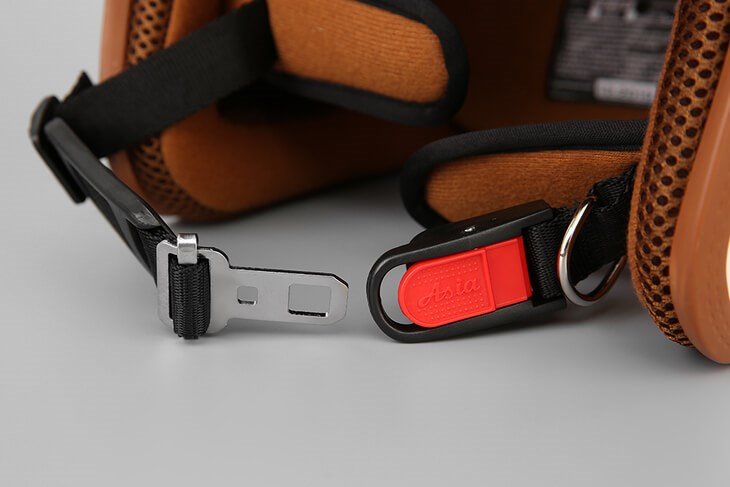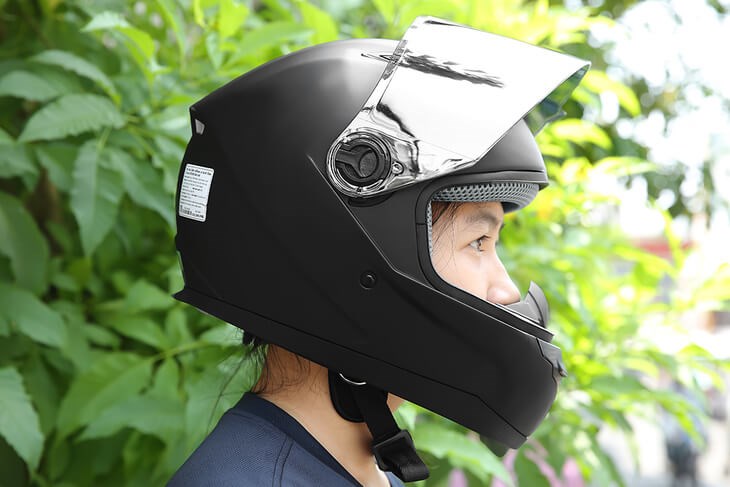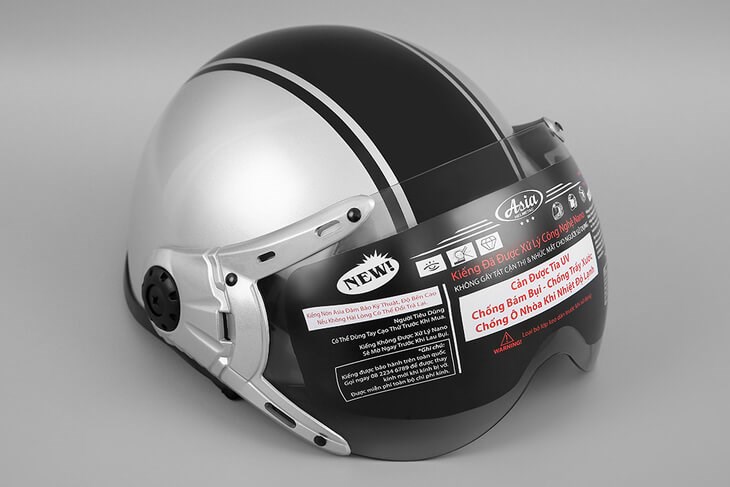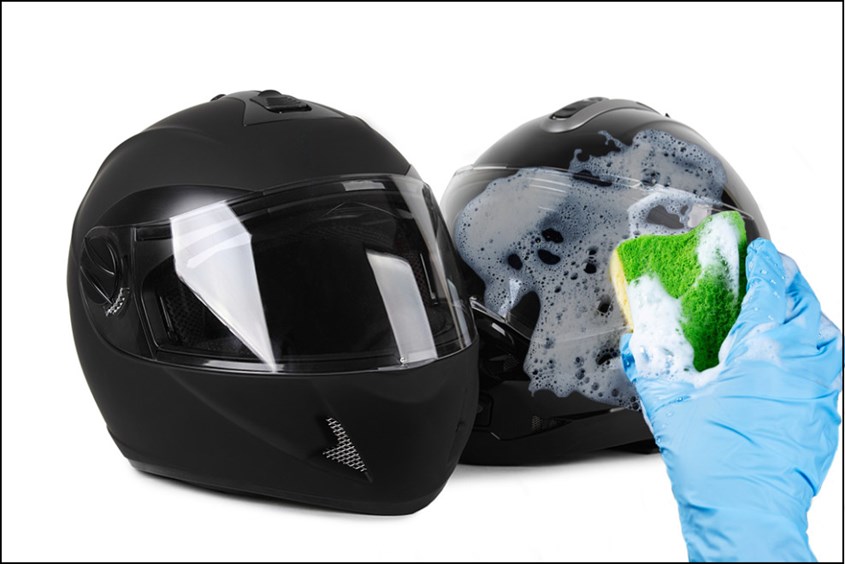Why should you replace your helmet?
Many people mistakenly believe that a helmet with a few years of use and some scratches will still provide adequate protection. However, over time, a helmet gradually loses its ability to protect the wearer.
It is important to replace your helmet after a certain period of use in order to ensure proper head protection while participating in traffic.

You need to replace your helmet after a period of use to improve safety
Reasons to replace your helmet
Due to impacts during use
During the use of a helmet, it may experience impacts such as hitting a wall, hard objects, or falling to the ground. As a result, the helmet’s ability to withstand impacts diminishes and its lifespan decreases.
A helmet is most effective in protecting against impact the first time. With subsequent impacts, the helmet’s ability to withstand force diminishes. Over time, the helmet can only handle mild impacts, and a strong impact could be dangerous for the wearer.

The helmet will lose its ability to withstand force if it is impacted multiple times
Due to harsh weather conditions
Exposure to various weather conditions such as sunlight, rain, wind, and dust can directly impact the protective structure of a helmet and significantly reduce its lifespan.
Due to the aging structure of the helmet
A helmet is typically made from high-density ABS plastic and EPS foam. Over time, the bond between the plastic particles and the foam degrades.
Therefore, the helmet’s shell and foam cushion significantly degrade in terms of shock absorption, and the helmet cannot guarantee the safety of the wearer in the event of a strong impact.
 Over time, the structure of the helmet degrades and no longer guarantees safety for the user
Over time, the structure of the helmet degrades and no longer guarantees safety for the user
How long should you replace your helmet?
The replacement time for helmets typically ranges from 2 to 5 years, depending on the type of helmet, frequency of use, usage conditions, and the number of impacts.
Full face helmet
This type of helmet has a sturdy design and offers a high level of safety. It is designed for high-speed and adventure riding, making its lifespan longer than other types of helmets.
A full face helmet, made from high-quality ABS plastic, can last more than 5 years if properly maintained and not subjected to excessive impact.

Size XL Boss ATN30K full face helmet can be used for more than 5 years if well-maintained
Half face helmet
This type of helmet is designed for regular commuting within the city and is popular due to its compact design.
Due to its frequent use, need for ventilation, and lightweight design, the shell of a half-face helmet is thinner, resulting in a relatively shorter lifespan. It is recommended to replace this type of helmet after 3 years of use.

Size L Asia MT-114K half face helmet has a relatively short lifespan, you should replace it after 3 years of use
3/4 face helmet
Although not as compact as a half-face helmet, the 3/4 face helmet is flexible and suitable for commuting between the city and suburbs.
Made from high-quality ABS plastic and high-density EPS foam, with a thicker and more comfortable lining, the 3/4 face helmet provides comprehensive head protection in the event of an impact. With proper maintenance, this type of helmet can be used for 3 to 4 years.

Size L Asia MT-124 3/4 face helmet is durable and has good impact resistance, can be used for 3-4 years
Tips to extend the lifespan of your helmet
Here are some tips to help extend the lifespan of your helmet:
- Avoid dropping or impacting the helmet with hard objects, as this can damage the interior foam.
- After riding in the rain, dry the helmet or use a dehumidifier to prevent the growth of bacteria and mold.
- Do not hang the helmet on the handlebars, as it can fall, get scratched, or be exposed to rain.
- Avoid cleaning the helmet with strong detergents or hot water.
- Use shampoo to clean the helmet, which will keep it clean and prevent the paint from peeling.
- Do not wear the helmet with wet hair, as it can promote mold growth.

Regularly clean the helmet to extend its lifespan




































